Andy Konwinski, co-founder of Databricks and Laude, expressed concerns that the United States is losing its dominance in artificial intelligence (AI) research to China, labeling the shift an existential threat to democracy. Speaking at the Cerebral Valley AI Summit this week, Konwinski stated that PhD students at top universities such as Berkeley and Stanford have reported reading twice as many interesting AI ideas from Chinese companies as from American companies in the past year.
Konwinski, who also runs the Laude Institute, an accelerator that offers grants to researchers, emphasized the importance of open-source innovation in AI. He noted that major AI labs, including OpenAI, Meta, and Anthropic, continue to innovate significantly, but their advancements remain largely proprietary rather than open-source. This, he argued, stifles the free exchange of ideas and discussion necessary for true innovation to flourish. "For ideas to truly flourish, they need to be freely exchanged and discussed," Konwinski said.
The issue, according to Konwinski, is that these companies are able to attract top academic talent by offering multimillion-dollar salaries that dwarf what these experts can earn in universities. This has created a brain drain, where the best and brightest minds in AI are lured away from academia and into the private sector. As a result, the United States is losing its competitive edge in AI research, with Chinese companies leading the way.
The Laude Institute, which Konwinski co-founded with NEA veteran Pete Sonsini and Antimatter CEO Andrew Krioukov, aims to address this issue by providing grants to researchers and fostering a culture of open-source innovation. The institute's accelerator program offers a unique opportunity for researchers to collaborate and share their ideas, free from the constraints of proprietary research.
The implications of this trend are far-reaching, with potential consequences for national security, economic competitiveness, and democratic values. As AI continues to play an increasingly important role in our lives, the need for open-source innovation and collaboration has never been more pressing. By sharing knowledge and ideas, researchers and developers can accelerate progress in AI and ensure that its benefits are equitably distributed.
In response to Konwinski's concerns, some experts argue that the issue is more complex than simply adopting an open-source approach. They point out that proprietary research can be beneficial for companies, allowing them to protect their intellectual property and maintain a competitive edge. Others argue that the brain drain is a symptom of a larger issue, namely the lack of funding and resources available to researchers in academia.
Despite these challenges, Konwinski remains optimistic about the potential for open-source innovation to drive progress in AI. "We need to create a culture where researchers feel free to share their ideas and collaborate with others," he said. "By doing so, we can accelerate progress in AI and ensure that its benefits are equitably distributed."


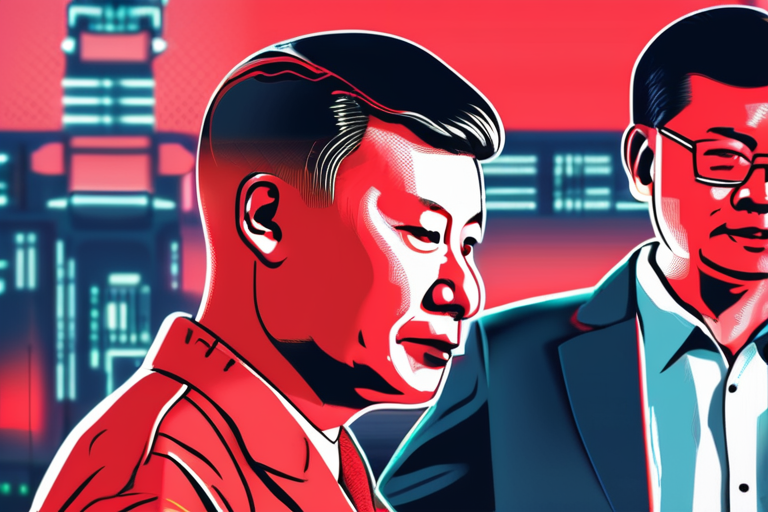
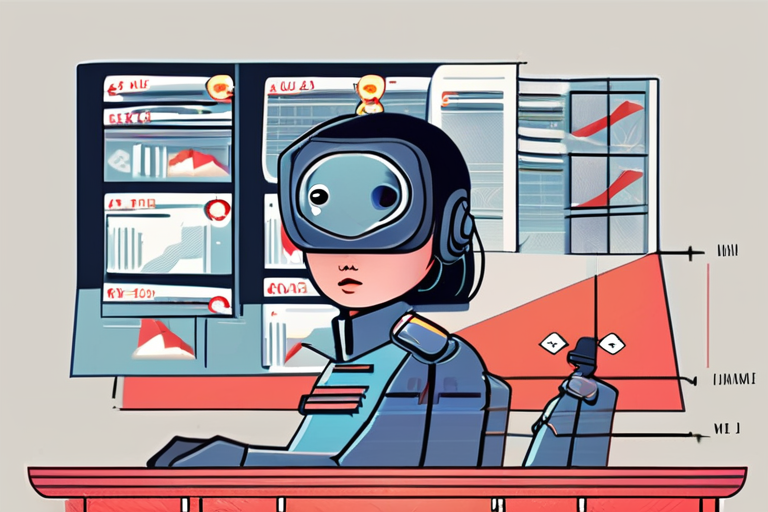
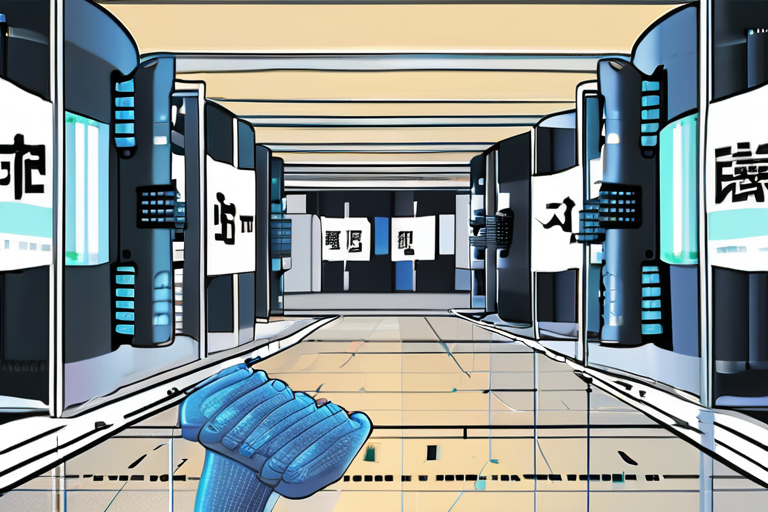



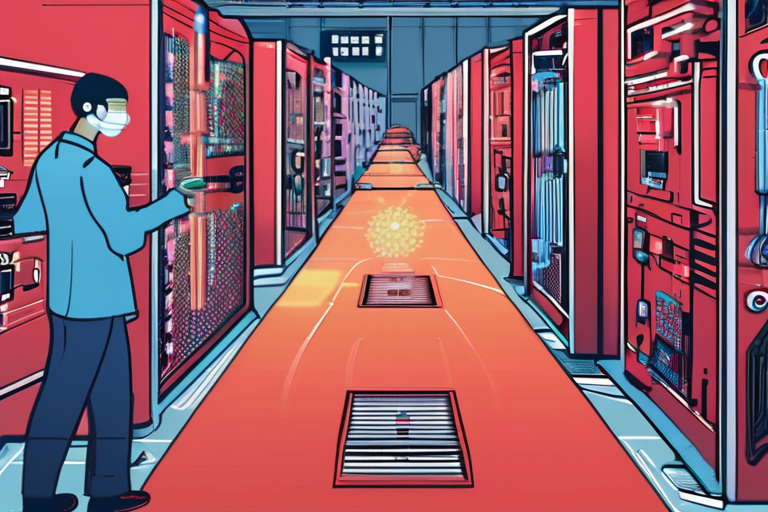

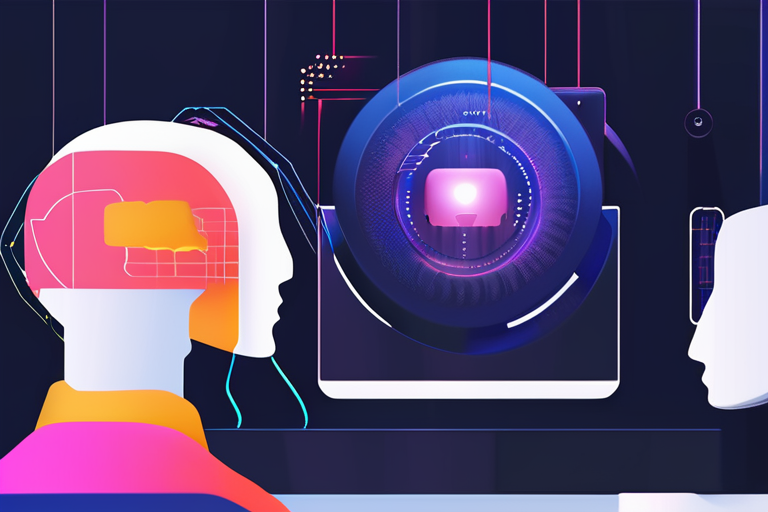

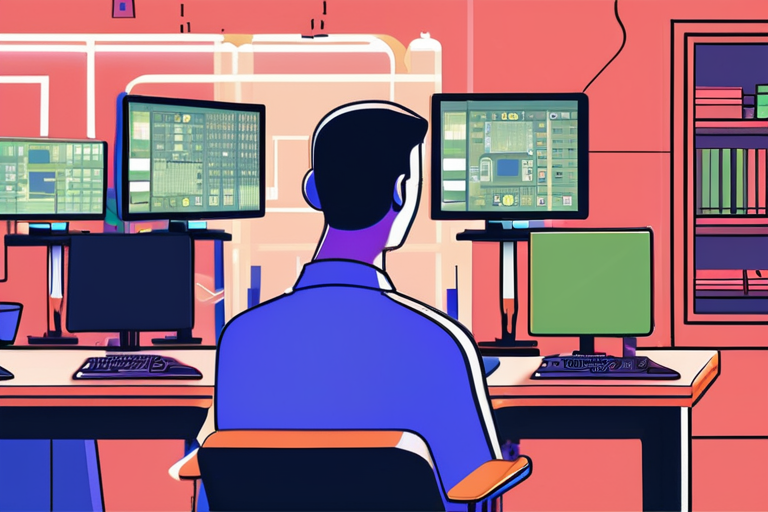

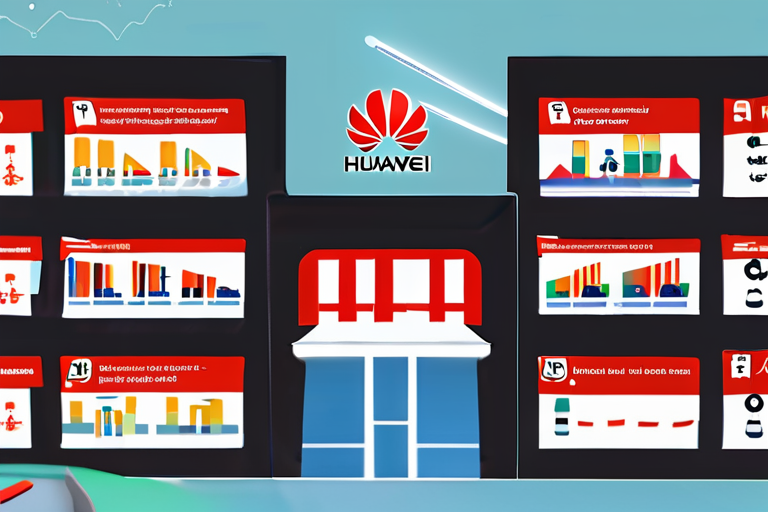
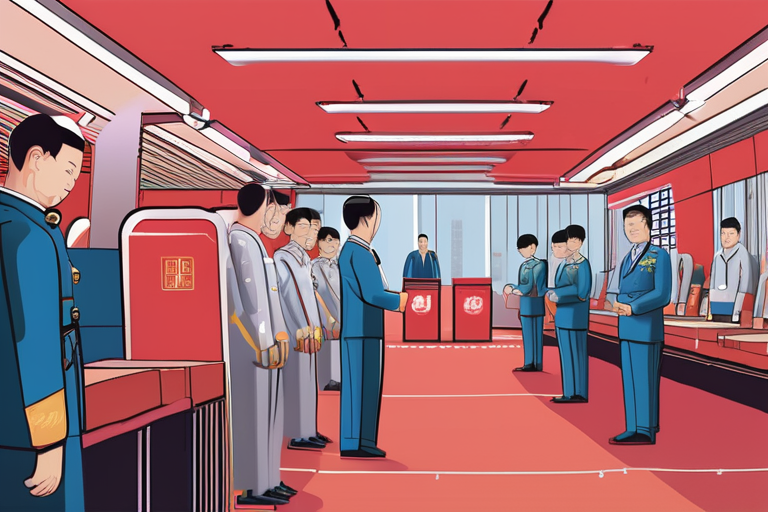
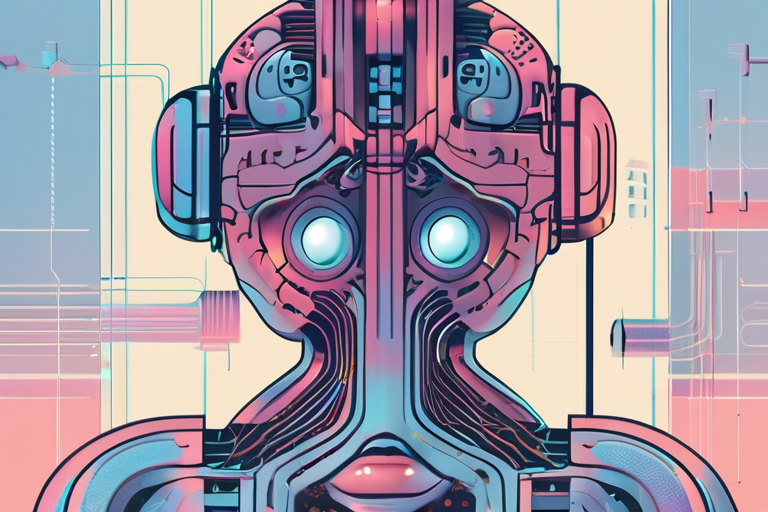
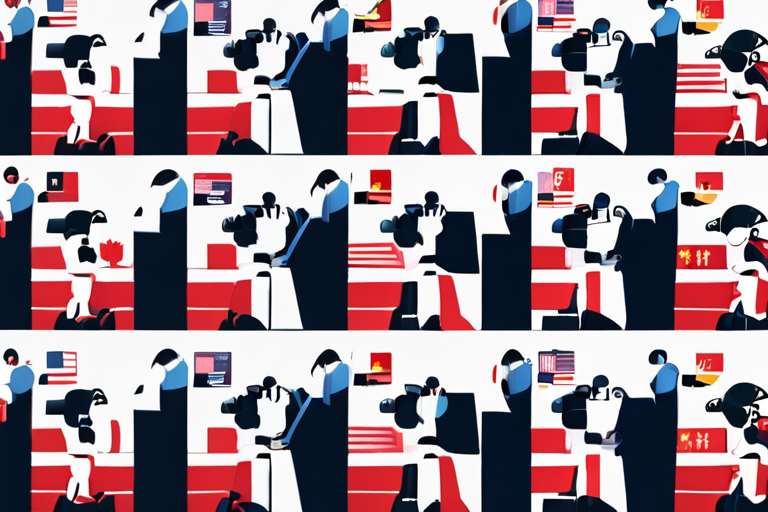
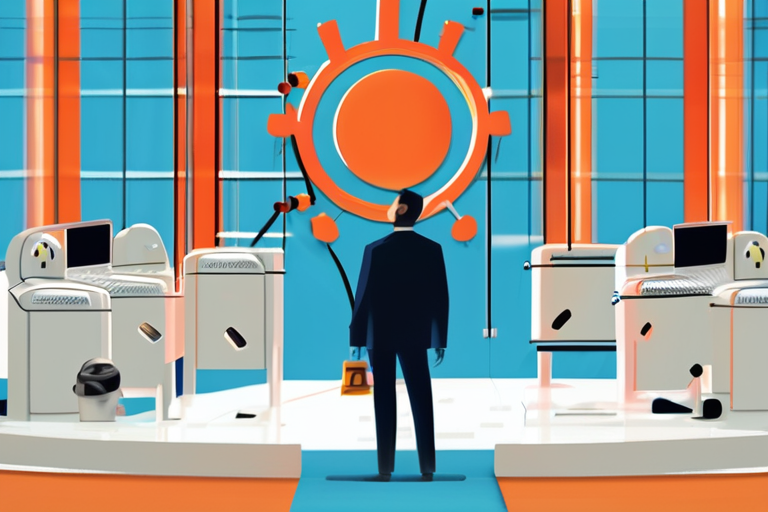


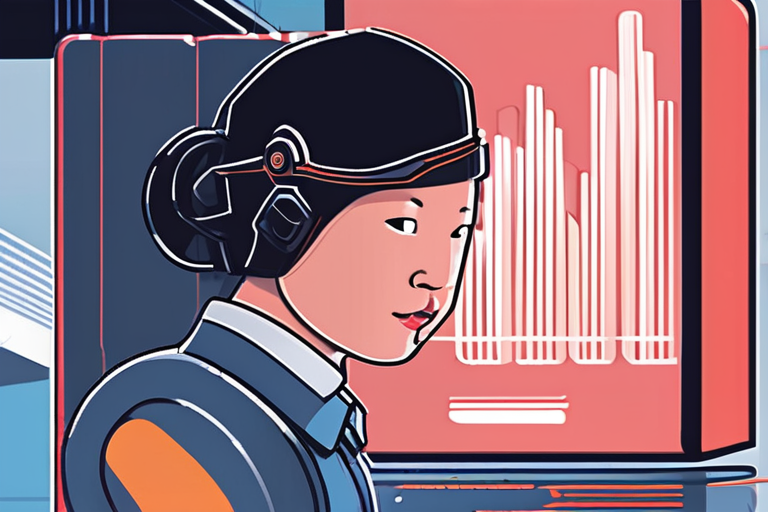


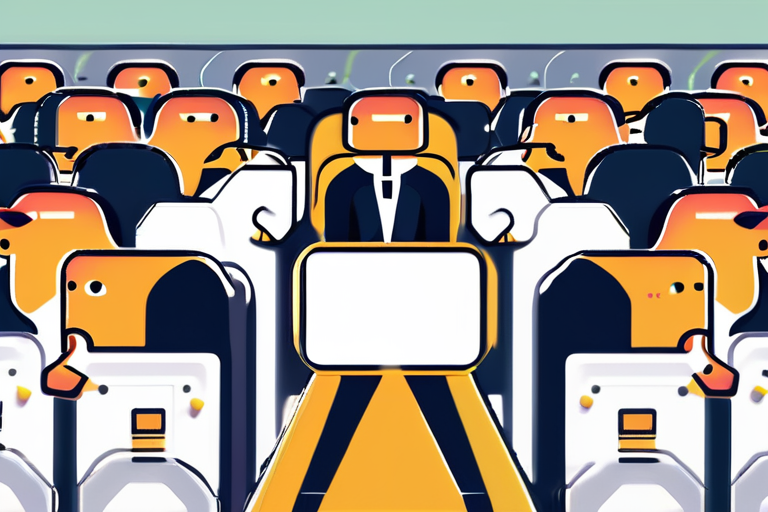
Share & Engage Share
Share this article